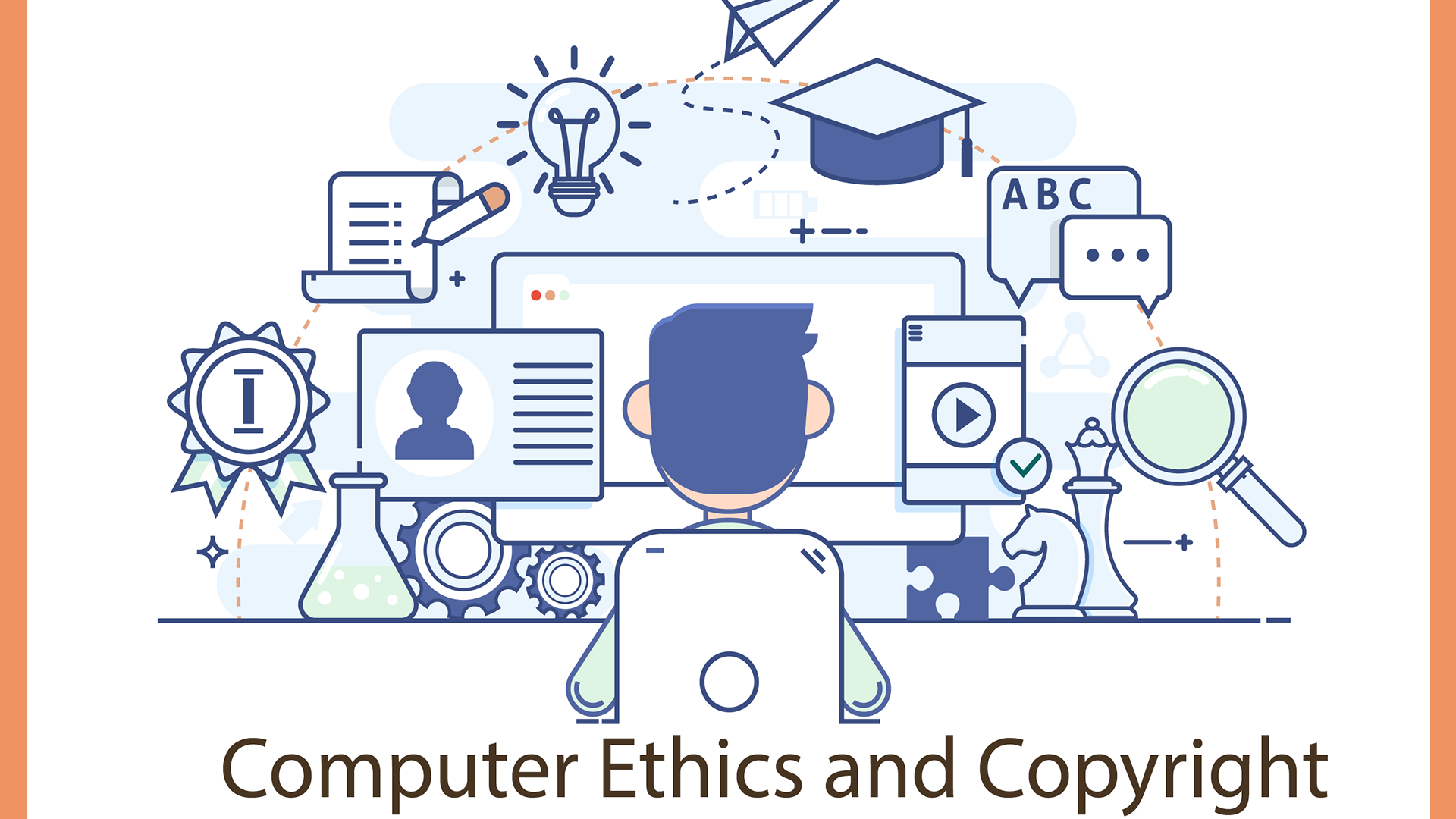Computer Ethics
Computer Ethics
Computer ethics refers to a set of principles to regulate the use of computers. Ethics has become an important consideration due to the spread of computerised systems and electronic communications. Computer ethics can be broken down into the following main areas of consideration: (GURU, 2019)
 |
| (TechLifeDiary, 2020) |
- Copyright & Plagiarism
- Cracking
- Software Licences
- Data Protection
- Anonymity
- Security (hacking, malware)
- Jobs
- Environmental Impact
- Social Impact
Computer ethics is the application of moral principles to the
use of computers and the Internet. Examples include intellectual
property rights, privacy policies, and online etiquette, or
"netiquette".
Computers make it easy to duplicate and redistribute digital content. However, it is ethical to respect copyright guidelines. When using software, it is important to understand and follow the license agreement, or SLA. Using commercial software without paying for a license is considered piracy and is a violation of computer ethics. Hacking, or gaining unauthorized access to a computer system, is also an unethical way to use computers.
As technology advances, computers and the Internet have an increasing impact on society. Therefore, computer ethics must be part of the discussion whenever creating new technologies. (Christensson, 2021)
Computer Ethics in Major Project:
In today's technologically-driven world, computer ethics plays a crucial role in ensuring responsible and ethical practices within the field of computer science. As part of my major project, I recognize the importance of addressing and integrating computer ethics into the project's development and implementation. Based on the project I applied the following:
- It's crucial to prioritize ethical considerations such as protecting user data, safeguarding against cyber threats, and designing an inclusive and non-discriminatory system.
- The collection, storage, and usage of data are areas where ethical considerations are particularly relevant.
- It is important to handle data responsibly, ensuring that it is used only for the intended purpose and minimizing the risk of data breaches or unauthorized access.
- Identifying and mitigating biases in the design, development, and training of the system is crucial to ensure fairness and prevent discriminatory outcomes.
Reference list:
Christensson, P. (2021) Computer ethics, Definition.
TechTerms.com. Available at: https://techterms.com/definition/computer_ethics
(Accessed: April 27, 2023).
GURU (2021) Computer ethics. Available
at: https://www.computerscience.gcse.guru/theory/computer-ethics (Accessed: April 27, 2023).
TechLifeDiary (2020) Computer Ethics, Crime
and Security. TechTerms.com. Available at: https://www.techlifediary.com/computer-ethics-crime-and-security/
(Accessed: April 27, 2023).
Comments
Post a Comment